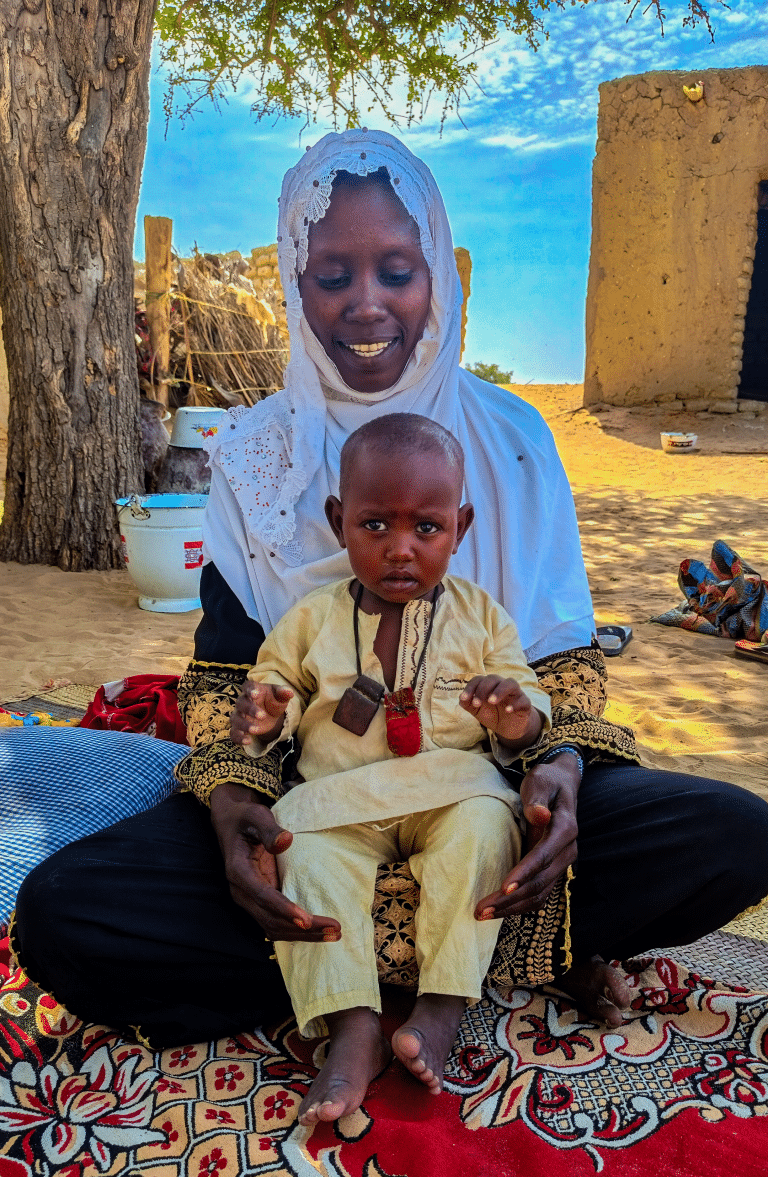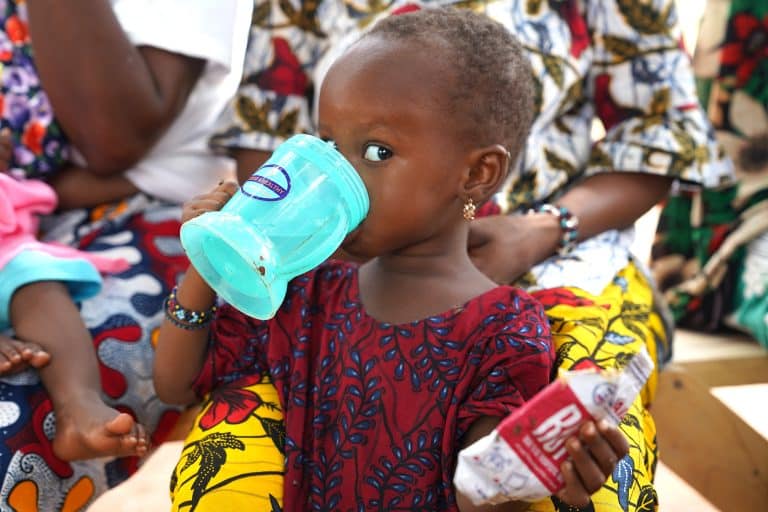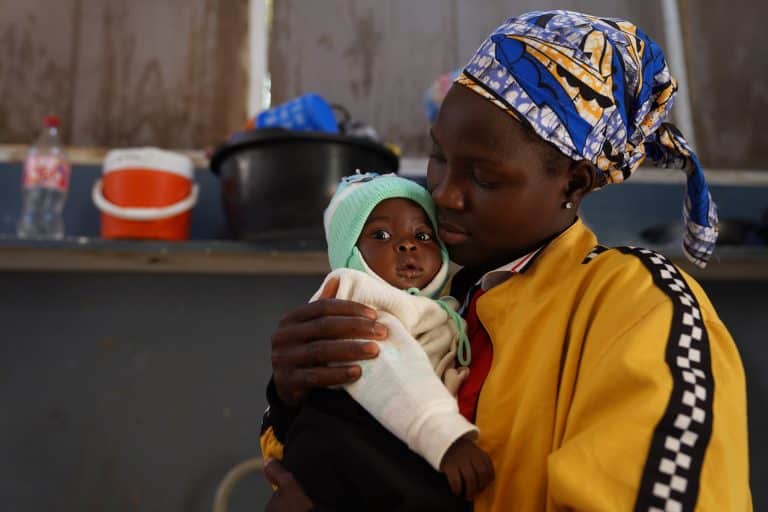Dear Friends,
We are pleased to share with you ALIMA’s 2017 Annual Report that highlights some of our amazing staff and the people they serve in some of the most fragile countries throughout West, Central and Eastern Africa. In this report we present ALIMA’s unique operating model that combines direct, high-quality medical care and humanitarian assistance to some of the most vulnerable communities, in partnership with local medical organizations, and often while conducting cutting-edge operational and clinical research that brings innovation to the field of humanitarian medical action.
Our impact In 2017 was impressive: ALIMA assisted 1.5 million people across projects in 11 countries, while designing innovative treatment tools, and continuing research related to malnutrition and Ebola. We treated more than 112,000 children for severe acute malnutrition, vaccinated 300,000 children and helped almost 20,000 women give birth.
Again in 2017, ALIMA’s work was largely defined by the ongoing conflicts in Lake Chad, the Sahel regions, and South Sudan, affecting an estimated 20 million people. Our programs focused on providing emergency medical care to families uprooted and displaced by the conflicts in these locations. Of course, it’s the children who are most vulnerable. Factors such as food insecurity, low vaccination rates, disease outbreaks (such as measles and cholera), malaria, and malnutrition, contributed high rates of child mortality from these largely-preventable illnesses.
ALIMA’s innovative “MUAC for Mothers” program teaches families to screen their children for malnutrition using a simple, tri-colored bracelet. In 2017, ALIMA trained more than 330,000 mothers to recognize signs of malnutrition and this method has been adopted by some local governments and is also now being used by UNICEF in NIger, as well as multiple other NGOs.
It is critical to note that ALIMA is comprised of five national organizations that include: Keoogo and SOS Médecins in Burkina Faso; Alerte Santé in Chad; AMCP (Medical Alliance Against Malaria) in Mali; and BEFEN (Well-being of Women and Children in Niger). ALIMA’s partnership model allows us to tap into local knowledge and share that expertise across our programs, while building local capacity.
Elsewhere, we put the finishing touches on our newest innovation, the CUBE – a biosecure emergency care unit for outbreaks. The CUBE is a self-contained and easily transportable treatment unit for outbreaks of highly-infectious diseases, which reduces the need for cumbersome protective gear in hot and humid environments. The CUBE also significantly reduces the risk of transmission to health workers, while making the patient feel less isolated. The CUBE will roll out in 2018, allowing ALIMA to more safely and comfortably treat patients during highly-infectious outbreaks.
In Burkina Faso, our OPTIMA (OPTImizing MAlnutrition treatment) research project continued to fine-tune the best treatment regime for children suffering from malnutrition, with promising preliminary results. At the same time, our Intensive Nutritional Rehabilitation and Education (URENI) schools in Chad, Mali and Nigeria trained hundreds of local health professionals to care for children suffering from severe acute malnutrition with complications.
In essence, ALIMA has impact today by treating patients, impact tomorrow by building partnerships, and impact for the future by carrying out research that will enable better, faster and more cost-effective humanitarian assistance programs, all at the same time in an integrated response. We call this transformative medicine.
ALIMA is only able to assist people because of the generous support of our donors – and we are deeply grateful to you. We recognize that you place great trust in us to use every dollar wisely – and we do. Nearly 95% of our revenue is used directly on program activities.
Thank you.
Dr. Richard Kojan
President ALIMA
*Photo: Adrienne Surprenant / ALIMA





